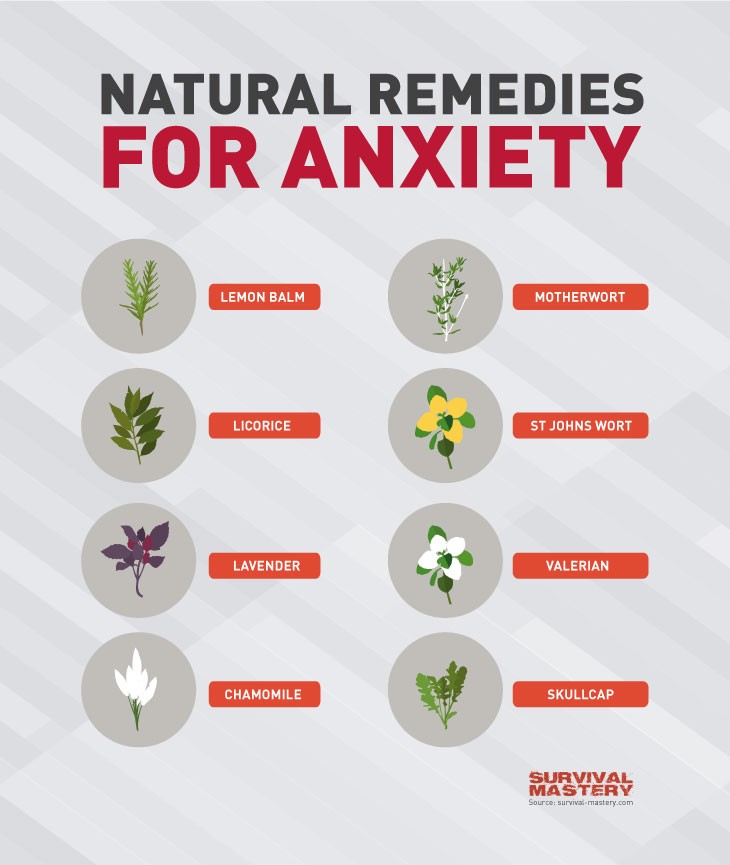

It is also safe to combine lavender essential oil with vetiver oil.Ĥ. 2 To relieve stress, inhale 100% pure lavender essential oil straight from the bottle or apply it topically behind the ears, on the temples, and on the back of the neck. In this same study, results showed the lavender essential oil did not lead to adverse effects, drug interactions, or withdrawal symptoms.

In a 2013 evidence-based study, researchers discovered that taking 80mg capsules of lavender essential oil alleviates anxiety, sleep disturbance, and depression. Lavender essential oil: With benefits discovered more than 2,500 years ago, lavender essential oil has become one of the most popular essential oils in the world. Patients can also add 5 to 10 drops of vetiver oil into their bath water to reap its relaxation benefits.ģ. It has soothing and uplifting properties, which has made it known as the “oil of tranquility.” Place 1 to 2 drops of 100% pure vetiver essential oil on one's wrist, chest, or neck to soothe feelings of anxiety or nervousness. Vetiver Essential Oil: Vetiver is an herb native to India and has been used in ancient healing traditions for thousands of years. It is surprising how a little meditation goes a long way, and with continued practice it becomes easier and more effective over time.Ģ. It is best not to worry about an over-active mind. 1 If one is new to meditation, it may be easiest to start with guided meditations, which are available on YouTube and podcasts. One such meta-analysis combining the results of 163 different studies had an overall conclusion that practicing mindfulness and meditation produced beneficial results with a substantial improvement in anxiety. Meditation: Many studies have shown meditation and mindfulness to be effective in decreasing anxiety symptoms. SNRIs, meanwhile, may cause dizziness, nausea, loss of appetite, sexual problems, constipation, weight loss, insomnia, headaches, dry mouth, and agitation.įor patients seeking a more natural approach to easing their anxiety symptoms or wanting to complement their conventional medicine regimen to gain even better outcomes, here are 10 natural remedies to consider:ġ.

SSRIs may lead to drowsiness, nausea, diarrhea, headache, sexual problems, agitation, dizziness, dry mouth, insomnia, and blurred vision. Selective serotonin reuptake inhibitors (SSRIs) and serotonin-norepinephrine reuptake inhibitors (SNRIs) are also commonly used to treat anxiety but come with their own list of possible adverse effects. The downfall of long-term benzodiazepine use? Adverse effects such as memory loss, hip fractures, impaired thinking, and dizziness. With benzodiazepines, what could be a suitable short-term anxiety treatment option, may quickly turn into a long-term course of therapy. Couple that with symptoms of benzodiazepine withdrawal that can occur upon discontinuation, and that may be a recipe for more harm than good. Where is all this anxiety coming from? A mixture of panicky and negative news from the many media outlets, social-media pressures, the seemingly never-ending war or threats of new wars, mass shootings, economic concerns, and so on.Īlthough there are many prescription medications that help treat the symptoms of anxiety, we may want to consider more natural remedies if a long-term solution is needed.īenzodiazepines are effective but can be addictive, as they share the same brain “reward” pathways as opioids and cannabinoids. Recently, I came across a new nickname for this country that I found to be sad but probably accurate when considering the mental health of our nation’s general population: The United States of Anxiety. It is estimated that 40 million Americans struggle with anxiety, with more than half of all US college students suffering from the disorder. Anxiety of all types has become an epidemic in the United States, so much so that it has overtaken depression as the leading mental health disorder.


 0 kommentar(er)
0 kommentar(er)
